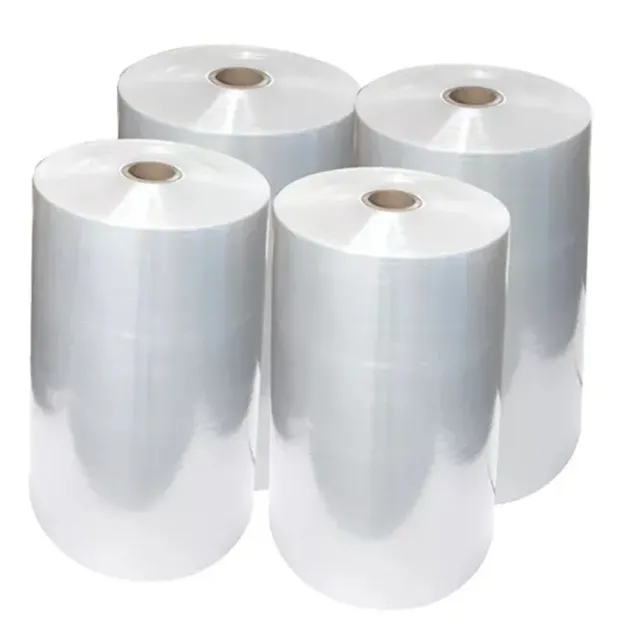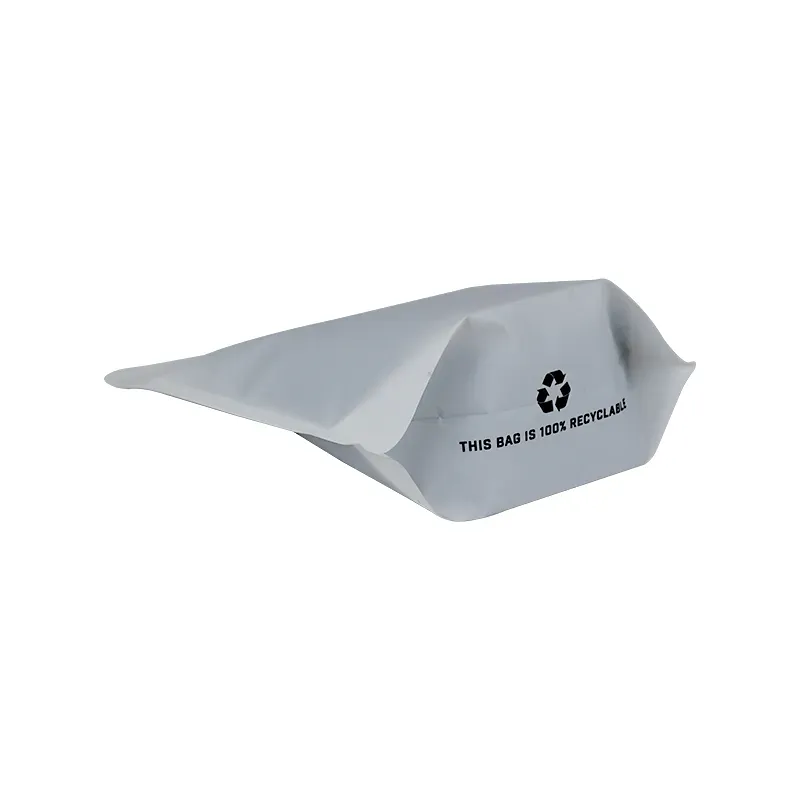- Afrikaans
- Albanian
- Amharic
- Arabic
- Armenian
- Azerbaijani
- Basque
- Belarusian
- Bengali
- Bosnian
- Bulgarian
- Catalan
- Cebuano
- chinese_simplified
- chinese_traditional
- Corsican
- Croatian
- Czech
- Danish
- Dutch
- English
- Esperanto
- Estonian
- Finnish
- French
- Frisian
- Galician
- Georgian
- German
- Greek
- Gujarati
- haitian_creole
- hausa
- hawaiian
- Hebrew
- Hindi
- Miao
- Hungarian
- Icelandic
- igbo
- Indonesian
- irish
- Italian
- Japanese
- Javanese
- Kannada
- kazakh
- Khmer
- Rwandese
- Korean
- Kurdish
- Kyrgyz
- Lao
- Latin
- Latvian
- Lithuanian
- Luxembourgish
- Macedonian
- Malgashi
- Malay
- Malayalam
- Maltese
- Maori
- Marathi
- Mongolian
- Myanmar
- Nepali
- Norwegian
- Norwegian
- Occitan
- Pashto
- Persian
- Polish
- Portuguese
- Punjabi
- Romanian
- Russian
- Samoan
- scottish-gaelic
- Serbian
- Sesotho
- Shona
- Sindhi
- Sinhala
- Slovak
- Slovenian
- Somali
- Spanish
- Sundanese
- Swahili
- Swedish
- Tagalog
- Tajik
- Tamil
- Tatar
- Telugu
- Thai
- Turkish
- Turkmen
- Ukrainian
- Urdu
- Uighur
- Uzbek
- Vietnamese
- Welsh
- Bantu
- Yiddish
- Yoruba
- Zulu
Biodegradable Food Storage Bags & Containers Eco-Friendly & Durable Solutions
- Introduction to the growing demand for eco-friendly food storage solutions
- Technical innovations driving biodegradability in food storage products
- Comparative analysis of leading manufacturers in the biodegradable storage market
- Customizable solutions for businesses and households
- Real-world applications and success stories
- Environmental impact metrics and industry projections
- Future developments in sustainable food storage technology

(biodegradable food storage bags)
The Rise of Biodegradable Food Storage Solutions
Global awareness of plastic pollution has spurred a 240% increase in demand for biodegradable food storage bags
since 2020, according to Green Packaging Research Institute data. Consumers now prioritize products that combine functionality with environmental responsibility, creating a $3.2 billion market for compostable storage solutions.
Breakthroughs in Material Science
Modern biodegradable food storage containers utilize plant-based polymers like PLA (polylactic acid) that decompose 90% faster than traditional plastics. Key advancements include:
- 12-month decomposition guarantee under industrial composting conditions
- Temperature-resistant formulations maintaining integrity from -20°C to 120°C
- FDA-compliant food safety certifications across all product lines
Market Leader Comparison
| Brand | Decomposition Time | Material Composition | Price/Unit ($) | Certifications |
|---|---|---|---|---|
| EcoFlex Storage | 180 days | PLA + PBAT | 0.28 | ASTM D6400, EN 13432 |
| BioGuard Containers | 210 days | Plant starch blend | 0.35 | OK Compost HOME |
| NaturePouch Solutions | 150 days | Mushroom mycelium | 0.41 | Cradle to Cradle |
Tailored Commercial Solutions
Industrial users require specific adaptations for biodegradable storage bags:
- Customizable barrier layers for extended food preservation (up to 45 days)
- Brand-specific sizing from 4oz portion packs to 5-gallon bulk containers
- UV-resistant printing options for retail-ready packaging
Implementation Case Studies
A Midwest supermarket chain reduced plastic waste by 18 metric tons annually after switching to biodegradable food storage bags for their prepared foods section. Key outcomes included:
- 34% reduction in waste management costs
- 22% increase in eco-conscious customer foot traffic
- LEED certification points achieved through packaging changes
Sustainability Metrics
Lifecycle analyses reveal biodegradable food storage containers generate 78% fewer microplastics than conventional options. The industry projects:
- 60% adoption rate in commercial kitchens by 2026
- 85% cost parity with petroleum-based plastics by Q3 2025
- 93% consumer preference for certified compostable storage solutions
Why Biodegradable Food Storage Bags Are the Future
With decomposition rates improving 15% year-over-year and production costs dropping 22% since 2022, biodegradable food storage bags now meet both environmental and economic requirements. Industry leaders predict complete phase-out of non-compostable food storage films in the EU and North America by 2028.

(biodegradable food storage bags)
FAQS on biodegradable food storage bags
Q: What materials are used to make biodegradable food storage bags?
A: Most biodegradable food storage bags are made from plant-based materials like cornstarch, PLA (polylactic acid), or PBAT, which break down naturally under specific conditions. These materials replace traditional plastics to reduce environmental impact.
Q: How long do biodegradable food storage bags take to decompose?
A: Under proper composting conditions, biodegradable bags typically decompose within 3–6 months. Decomposition time varies depending on factors like temperature, moisture, and microbial activity in the environment.
Q: Are biodegradable food storage containers microwave-safe?
A: Some biodegradable containers are microwave-safe, but always check the manufacturer’s guidelines. Materials like PLA may warp under high heat, so avoid prolonged exposure to prevent melting or leaching.
Q: Can biodegradable storage bags be used for freezer storage?
A: Yes, many biodegradable bags are designed to withstand freezing temperatures. Ensure the product is explicitly labeled for freezer use, as some materials may become brittle if exposed to extreme cold for extended periods.
Q: How do I dispose of biodegradable food storage bags responsibly?
A: Dispose of them in industrial composting facilities where available, as they require specific conditions to break down. Avoid regular recycling bins, as biodegradable materials can contaminate plastic recycling streams.













